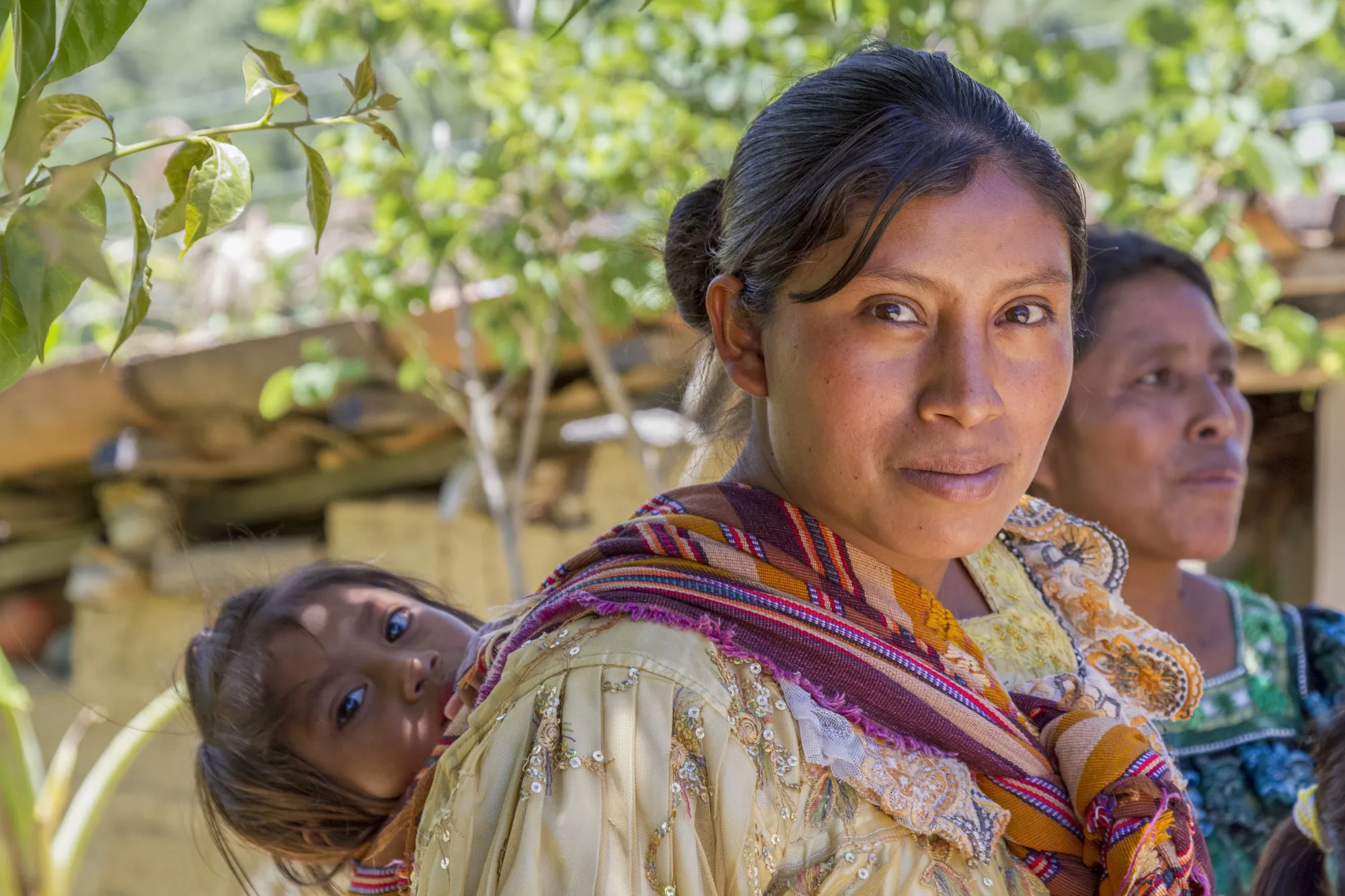If you want to tackle the problem of Central American migration, the last thing you should do is make the situation in those countries worse. But that’s exactly what would happen if U.S. foreign assistance is cut off to El Salvador, Guatemala and Honduras.
Central American migration is rooted in violence, hunger, political instability and grinding poverty — the very hardships and challenges U.S. development assistance to the region helps to alleviate. El Salvador and Honduras have among the highest murder rates in the world. And Guatemalan migrants — many of whom never recovered from a devastating El Nino drought in 2014 — cite lack of food as the top reason they leave their homes.
Right now, people in these countries need more partnership, investments, and support from the U.S. Not less.
This week CARE and 62 other humanitarian and development organizations signed a letter calling on Congress to oppose the White House’s self-defeating and counterproductive plan. We support foreign assistance because it saves lives, fights poverty and empowers marginalized populations, especially women and girls.
For decades, Democrats and Republicans have supported investment in humanitarian and development programs for these reasons and because they stabilize chaotic parts of the world, create new trading partners and markets for American businesses, and further our national security interests.
In Central America, aid programs are implemented by local partners working at the community level to reach some of the most vulnerable individuals. They have strict oversight and should not be used as political leverage. Humanitarian assistance should never be used as a bargaining chip.
Cutting programs will make more people flee
Consider a program called Feed the Future, in which American-supported investments in agriculture in Honduras helped lift 25,000 people out of extreme poverty in 2016 alone. Or a five-year investment in El Salvador by the US-supported Millennium Challenge Corporation which connected more than 35,000 homes to the electrical grid, improved sanitation in more than 7,000 households, and allowed more than 2,000 girlsto attend MCC-funded schools.
These programs are part of the solution – and cutting these and other such efforts will only worsen the underlying problems that are causing people to flee their homes in the first place.
In fact, U.S. foreign assistance to these “Northern Triangle” countries is specifically intended to stem migration. In 2014, when there was a surge of unaccompanied minors along the U.S-Mexico border, the U.S. government started the Alliance for Prosperity to bolster security in those countries.
Enormous dividends for very little money
The idea is for the American government to partner with the countries themselves to help stabilize the region. In the case of the Northern Triangle, as the U.S. Global Leadership Coalition notes, the three nations agreed to spend $5.4 billion to improve security after the U.S. pledged $420 million in 2017. That’s more than 10 times the U.S. commitment. In addition, according to the Congressional Research Service, Congress has appropriated nearly $2.1 billion in the last four years to improve security and strengthen the rule of law in the region.
In terms of cost to American taxpayers, assistance to Central America accounts for just 0.00035% of the federal budget. But this small amount pays enormous dividends in terms of lives saved and the promotion of regional stability.
We should never lose sight of the real-life implications these policies have on people. Every day, we see firsthand the good that these programs do — and the needs of the people they support. We remain resolute that the United States can and should continue to work with the people of Honduras, El Salvador, and Guatemala to fight for a more peaceful and prosperous region.
Originally published by USA Today.

